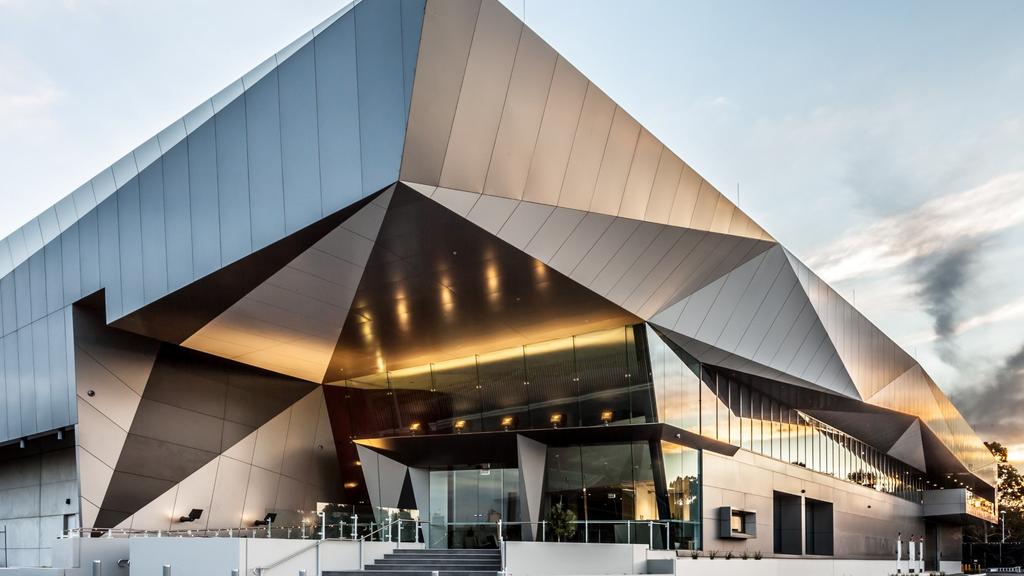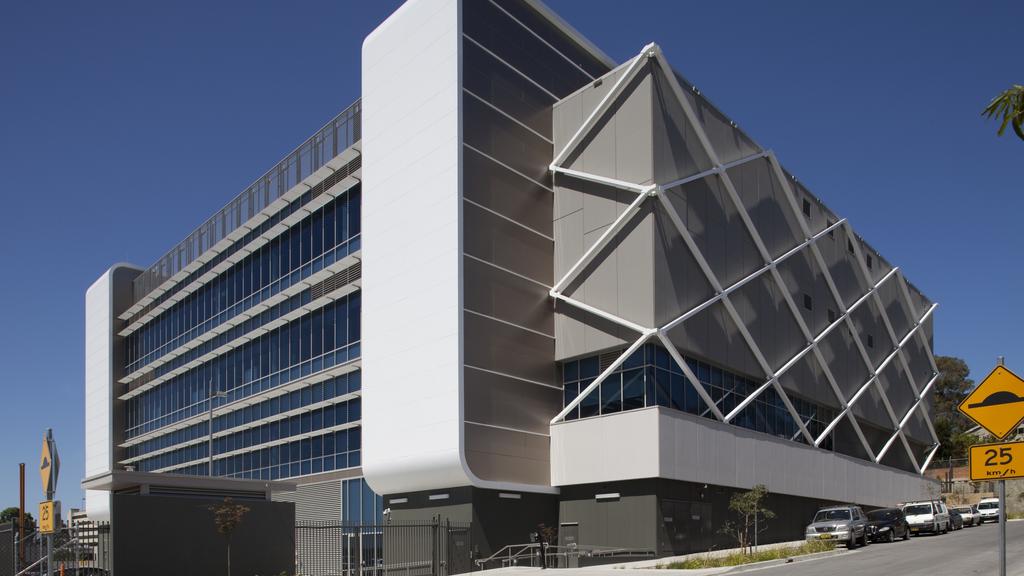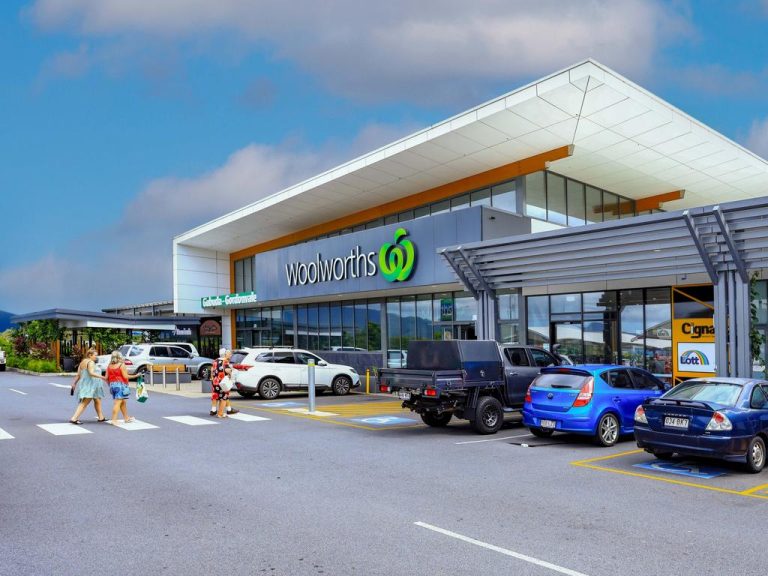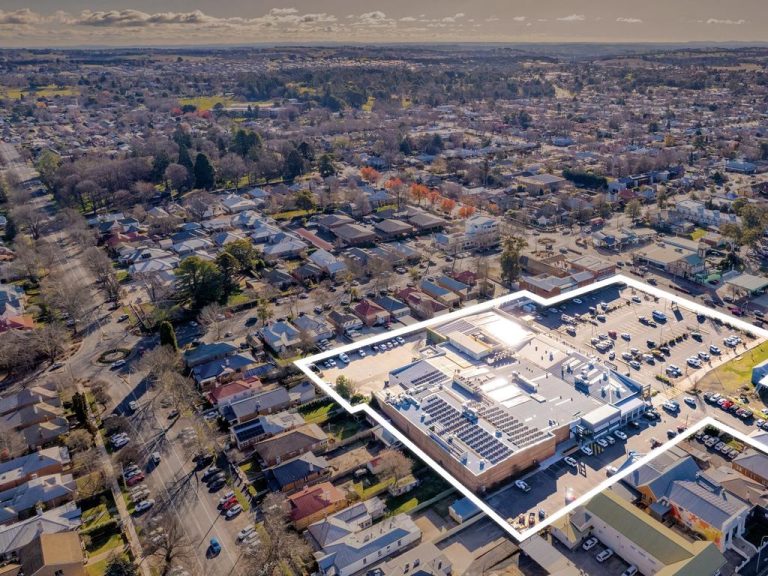Data centres on the brink of major design overhaul, says FDC chief

An Equinix data centre built by FDC
Data centres are on the brink of major changes as the artificial intelligence boom makes room for a major transformation of their shape, design and overall architecture.
That’s according to FDC national data centre director Mark Tallentire, who says the industry is reaching a turning point where new cooling methods will give more freedom to builders.
That is largely thanks to AI, which might consume nine to 10 times more power and require newer cooling methods, including the use of liquids.
“A different way of cooling might decrease the size of the buildings. I think if we can address the cooling aspect well we can shrink these buildings,” he told The Australian.
Data centres have long relied on air to cool their racks, requiring significant height and space. But as companies require more computing power in the artificial intelligence boom, racks are becoming more dense and can’t be cooled with existing methods.

FDC National Data Centre Director Mark Tallentire
FDC is Australia’s largest builder of data centres, with a portfolio of 35 built, which has brought in $2.1bn in revenue.
The company’s clients include Australia’s major players in the space, including NextDC, Macquarie Data Centres, Microsoft and AirTrunk – the Australian-founded business that was sold for $24bn earlier this month.
While data centres were growing taller, Mr Tallentire said the operators preferred them to be wider. “If the opportunity arises to go horizontal, like an industrial shed-type structure, they would take it, but land is so precious,” he said
Building taller data centres required far more infrastructure to support the weight. “Going vertical is more expensive than going lateral and so when we do that, we’re talking suspended decks,” he said.
“In the old days, we were working to a 12kPa loading but now we’re talking 22kPa loading. To put that into perspective, you might have a commercial office building that would have a 3kPa or 5kPa loading, so a five or six-storey data centre facility may be equivalent to a 30-storey building.”

The FDC-built four-storey Gore Hill Data Centre at Gore Hill Technology Park in Sydney.
Mr Tallentire said he had a $2.4bn pipeline for 15 centres that the firm was considering.
Security had become important for modern data centres, he said, and they were now among the most secure buildings in the country.
Customers were adding millions of dollars worth of physical security measures, from jail-like palisade fencing to steel conduits to protect cables and metal barriers installed behind walls.
Once a data centre is complete, even FDC is required to follow the rules of the operator, and “in some instances an NV1 clearance is required to enter”. “And we’ll be escorted by security guards,” Mr Tallentire said.
“You’re not getting into a data centre facility without someone knowing it and you are tracked. They know exactly where you are.”
Mr Tallentire said he worked on his first data centre nearly two decades ago, building a project for NEMCO.
About 22 data projects later, he said that data centres had changed dramatically and that nowadays “you get much more bang for your buck”.
However, Australian data centre operators were often at the mercy of foreign manufacturers, he said. “You’ve got to remember that we’re at the bottom of the food chain globally and we’re trying to buy products from all around the world.”
The capacity had also changed dramatically. “Twenty years ago I might have been putting in a six megawatt facility. Today, if I’m not putting in a 60-megawatt, it’s probably already too small,” he said.







